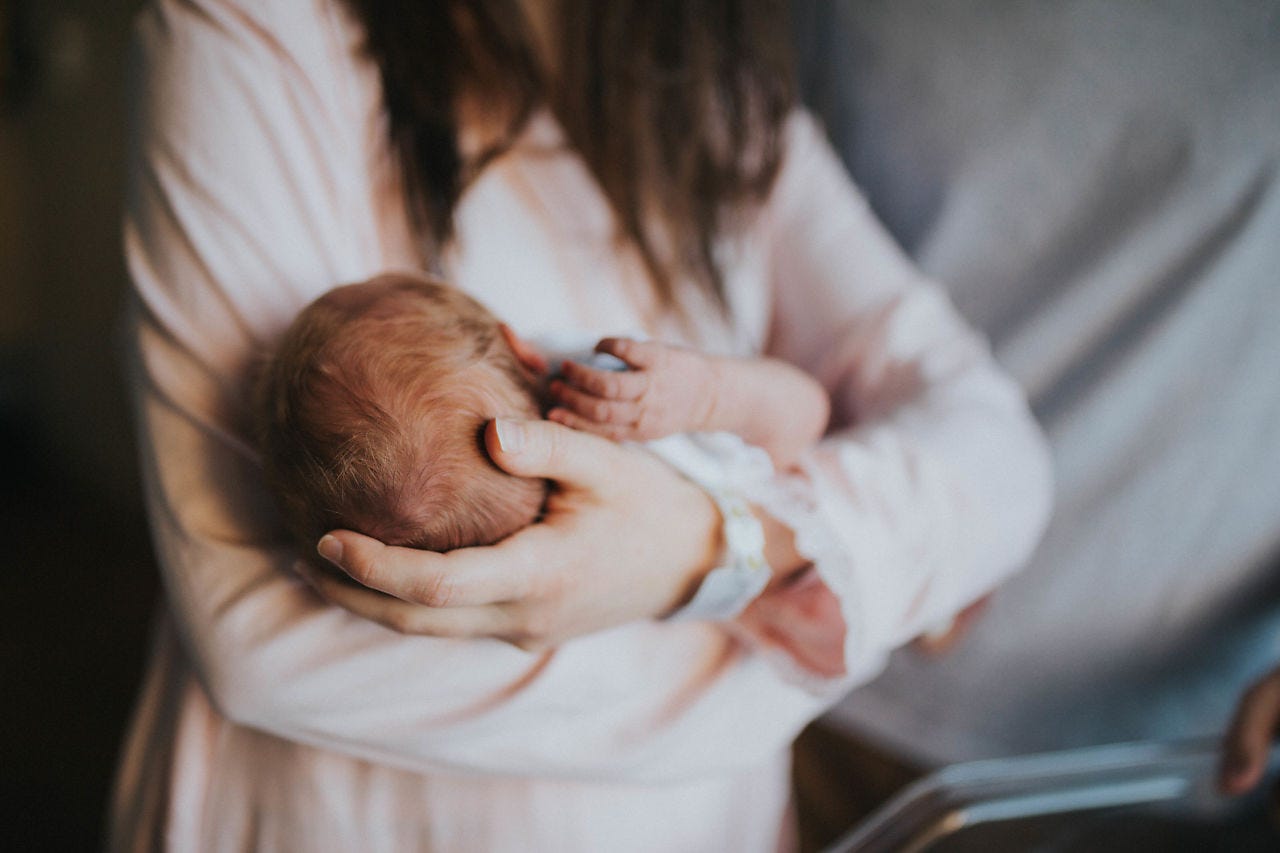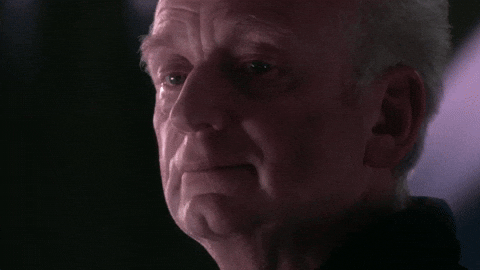Motherhood is Not the Most Important Job
My perspective on this sentiment as a mother, a Catholic Christian, and a woman.
I’m a mother to three amazing boys. Most days, I can’t believe how privileged I am to love them and raise them. I would not trade this role as their mother for anything.
But I don’t believe that motherhood is the most important job in the world.
I believe part of the sentiment behind this phrase is well-meaning. It is more than a quip made popular by “trad wives” attempting to market a lifestyle. Motherhood is vital, exhausting, sacrificial. I’ve written stories about the invisible work of motherhood, the indispensable but often overlooked role that mothers play in the creation and upkeep of society. When we speak about how important motherhood is, we are recognizing that it is indeed work. We are pointing out the ways in which our society often fails to support women in this work.
But there is a danger in speaking in absolutes. (As my husband reminded me, only a Sith deals in absolutes.) Whenever I hear “Motherhood is the most important job”—usually from well-meaning Christians—a part of me cringes. I’ve given much thought as to why, and I’ve realized it has to do with the subtle messages this phrase can convey.
Before I get to those messages, let’s define motherhood. Cambridge dictionary says it is “the state or time of being a mother.” For our purposes, let’s get a little more specific: Motherhood is the state of actively nurturing children, biological or otherwise; it refers specifically to the woman’s role in bringing up children.
When some people say motherhood is the most important job, I think they may be referring to the fact that humanity would cease to exist if women did not have babies. True. But even in this perspective, there is a danger in limiting women to one aspect of what their bodies are capable of.1
What about women who give up having children to serve another role, such as religious women? What about women who cannot have children?
My fear is that this phrase, however subtly, undermines the value of such women. It has the dangerous potential of telling them that work they do is not also vital to society.
You can argue that historically men have never not had to contend over their significance in society, but as a mother of boys I’m also worried about what this phrase might imply about the role of men and fathers in society (more on that below).
Not only can this phrase limit women to one aspect of their personhood, but it can also overlook the intrinsic value of each individual, who must, as an individual, have a role to play in society that is different from any other person’s.
In other words, the most important work is the work each person is called to do. We are all meant to live in service and community, but we are called to this in different ways.
While I am a woman of faith, I don’t think this can be only a Christian perspective. If you believe in the dignity of human persons as persons, then you must see too that dignity cannot even be predicated upon the work a person does. It is innate.

Now, I’m aware that I’m quibbling with the subtext of this phrase. But as a writer, I believe I must look at every level of meaning in the words I choose. So here are a few more reasons why I choose not to say that motherhood is the most important job.
As a mother of small children, I’m well-acquainted with mom-guilt, especially when I try to do things for myself, or even just things not “for” my children (such as writing this Substack). If motherhood is my most important job, how could I possibly think of doing anything else? But I have to do other things—good, important things, like telling stories or fostering friendships. Or even just normal, survival things like sleeping and eating and using the bathroom. But when the phrase “motherhood is the most important job” echoes in my head, it can often enforce my sense of guilt. Ironically, this can be to the detriment of my mothering, because I cannot be a good mom if I don’t first take care of myself.
I also think the phrase lends itself to a tendency to blame mothers for all the faults of society. When a member of society makes bad choices, it must (at least partially) be the mom’s fault for not doing her job right, and not the fault of the individual who made those bad choices. (And yes, we can talk about generational trauma and the role that plays in shaping individuals, but I’m still going to find fault with this phrase.)
If we are going to argue that raising children is the most important job, then shouldn’t parenting, not just mothering, be the role we single out? Otherwise, we’re making an excuse for uninvolved fathers AND leaving all the burden of child rearing on the woman’s shoulders. As a mother of sons, I am doing a grave disservice to them, their future wives, and (God willing) their future children if I don’t teach them that fatherhood is just as important as motherhood.
If raising a child is the most important job, then it belongs to everyone in a child’s life: both parents and grandparents and relatives and friends and teachers and coaches and pastors.2
Finally, and this is a point that has been on my heart since my first son was still in my womb, motherhood (the way I define it here) ends.
Yes, I will always be a mother. I hope to always offer nurturing and guidance to my children. But, someday, my role of actively raising my children will end. Even if I want to argue that motherhood is the most important work for me, it can only be so right now. Someday, my most important work may be something entirely different.
If you’ve read this far, thank you for letting me vent about the inadequacies—and potential dangers—of this phrase. I’d love to hear your thoughts too!
PS. If you enjoyed this post, you can subscribe for free to receive more reflections like these, or choose a paid subscription to read my creative fiction and nonfiction. This month’s paid pieces will be about motherhood too!
As a mother of three biological children, I can attest that pregnancy, childbirth, and postpartum are some of the hardest experiences a human being can undergo. But, as a woman (particularly a Christian woman), I want to be careful that I recognize both the innate difficulty and importance of these stages of motherhood without making the claim that motherhood is therefore the most important role for every woman.
I know there is strong evidence to suggest that the presence of the mother in the early years of childhood is extremely important for a child’s development. I’m not arguing with that research, nor with the idea that a mother has a particular, irreplaceable role in her child’s life.





So many of my friends without children have mothered me when I needed to most. ❤️ love this post.
Thank you for sharing and expanding my understanding. Great post! ❤️